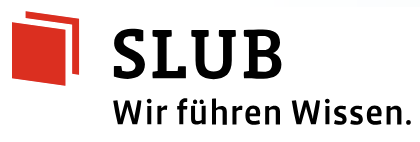Collaboration in the JeKi-programme: expectations and implementation
DOI:
https://doi.org/10.62563/bem.v201161Abstract
The programme “An Instrument for Every Child†(JeKi) is collaboration between primary and music schools. The collaboration becomes manifest on two different levels: On the one hand, teachers of primary and music schools are co-teaching the children in the first year of JeKi, introducing them to various musical instruments. On the other hand, the collaboration takes place on a purely institutional level: the music school teachers bring their knowledge of musical education to bear in primary schools and give instrument lessons in the following years of JeKi. The different theoretical approaches regarding the musical instruction by primary and music schools result in issues concerning both the level of motivation for participation on an institutional dimension and the actual realization of joint classes. Therefore, the JeKi-teachers’ intensions and expected changes as well as the implementation of joint classes by primary school teachers and music school teachers were initially examined in two studies supported by the German Federal Ministry of Education and Research. The music school and primary school teachers’ assessment was gathered by standardized questionnaires. Altogether, the teachers expect strong effects or changes for students and school. Besides the school as an institution, the pupil-level as well as the organisational expenditure of the programme is affected. Since team teaching is not realized co-constructively in most instances, intense collaboration jointly creating new knowledge does not occur. Although desired, this form of collaboration fails due to a lack of time, according to the teachers’ statements. Consequently, further research tasks would include, for instance, identifying suitable conditions for team teaching as well as recording in a longitudinal study how far the expected changes were realised.Downloads
How to Cite
Kulin, S., & Özdemir, M. (2011). Collaboration in the JeKi-programme: expectations and implementation. Bulletin of Empirical Music Education Research, 2(2). https://doi.org/10.62563/bem.v201161
Issue
Section
Single Contributions
License
Bulletin of Empirical Music Education Research (b:em) is published as an open access online journal. All articles are freely accessible online free of charge, there are no publication fees (Diamond Open Access). The standard licensing of the articles is CC BY-NC 4.0 (Creative Commons Attribution-Non Commercial 4.0 International (CC BY-NC 4.0))


